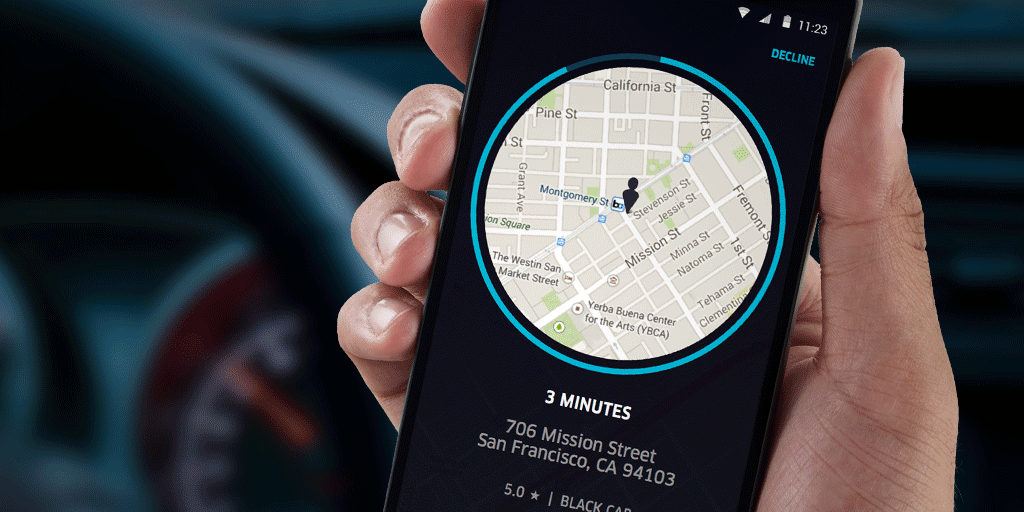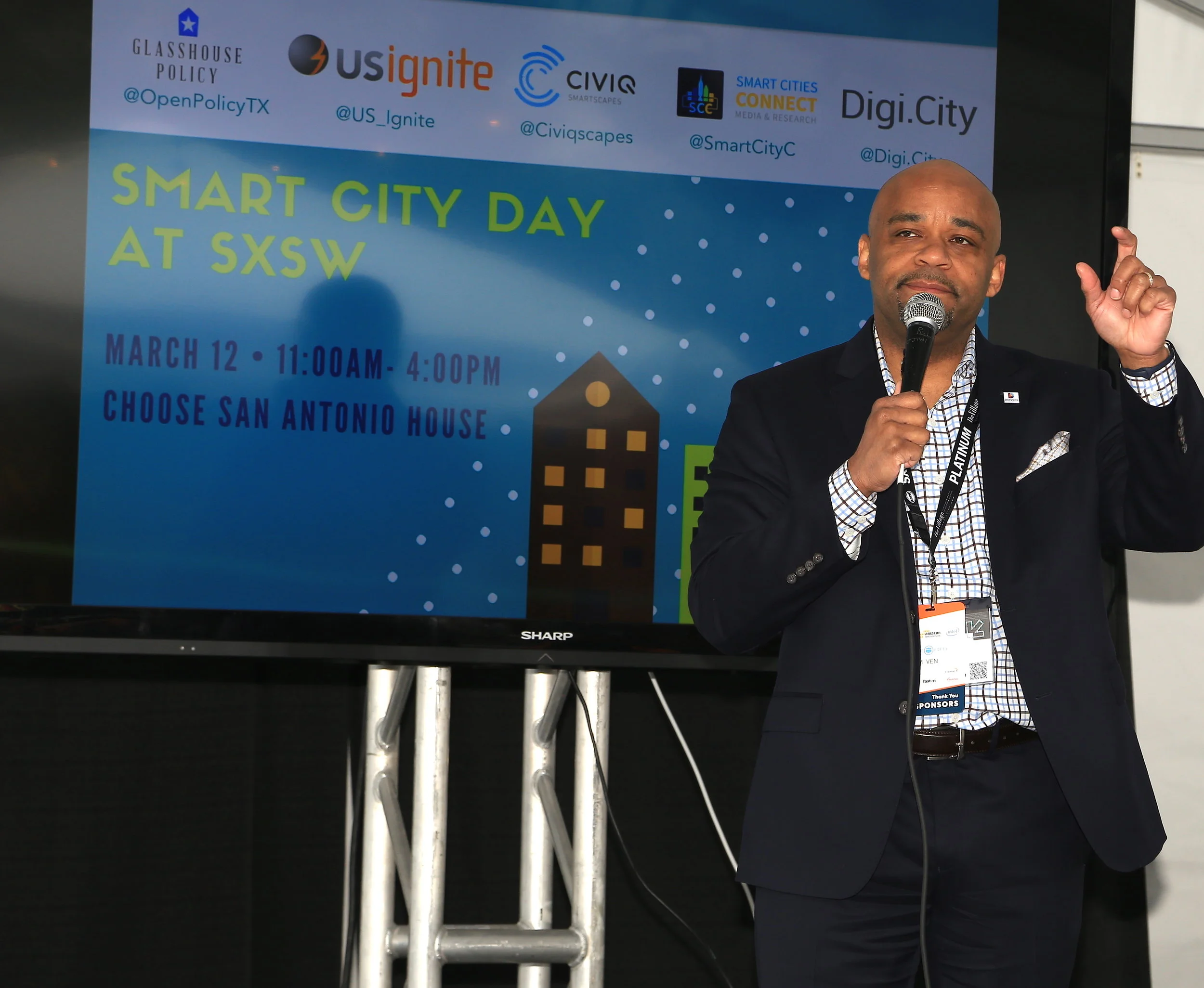As one of 17,000 attendees at the 6th annual Smart City Expo World Congress in Barcelona, it was easy to get lost in the crowd. And while large corporate companies certainly had formidable and impressive presence, it was the startups that left the biggest impression.
Read MoreUber is synonymous with disruption and transportation. What started with ridesharing has expanded to autonomous (driverless) vehicles and even plans for flying cars. Whether you love them or loathe them, there are some important lessons you can learn from the company's journey.
Read MoreBig data is big business--The technology and services market is estimated to reach $58.9 billion in 2020, making today's fervor to collect, interpret and share or re-sell data reminiscent of the Gold Rush era. The challenge is that the massive amounts of data available are not linked nor do they ascribe to a standard format which means they can't be easily shared or interpreted. Incredible insights that can have profound impact are locked away in a cage of inefficiency. If you've ever tried to overlay the results of your own survey with publicly available data like the US Census, you'll understand the frustration.
Read MoreIt's easy to look at something already formed and assume that it was easy to get there. But whether it's a product, a company or a supportive ecosystem, it all had to start somewhere.Cities like San Jose, Austin and San Francisco consistently grab top spots on the Milken Institute's List of Best Performing Cities. These are places that crank out companies by the thousands, creating jobs and building a self-sustaining platform for businesses large and small.
Read MoreThe terms innovation and city government don't often find their way into the same sentence. City hall has traditionally been perceived as a place for political log jams, procedures, policies and paperwork. But with the advent of smart cities, all of that is beginning to change.
Read More






